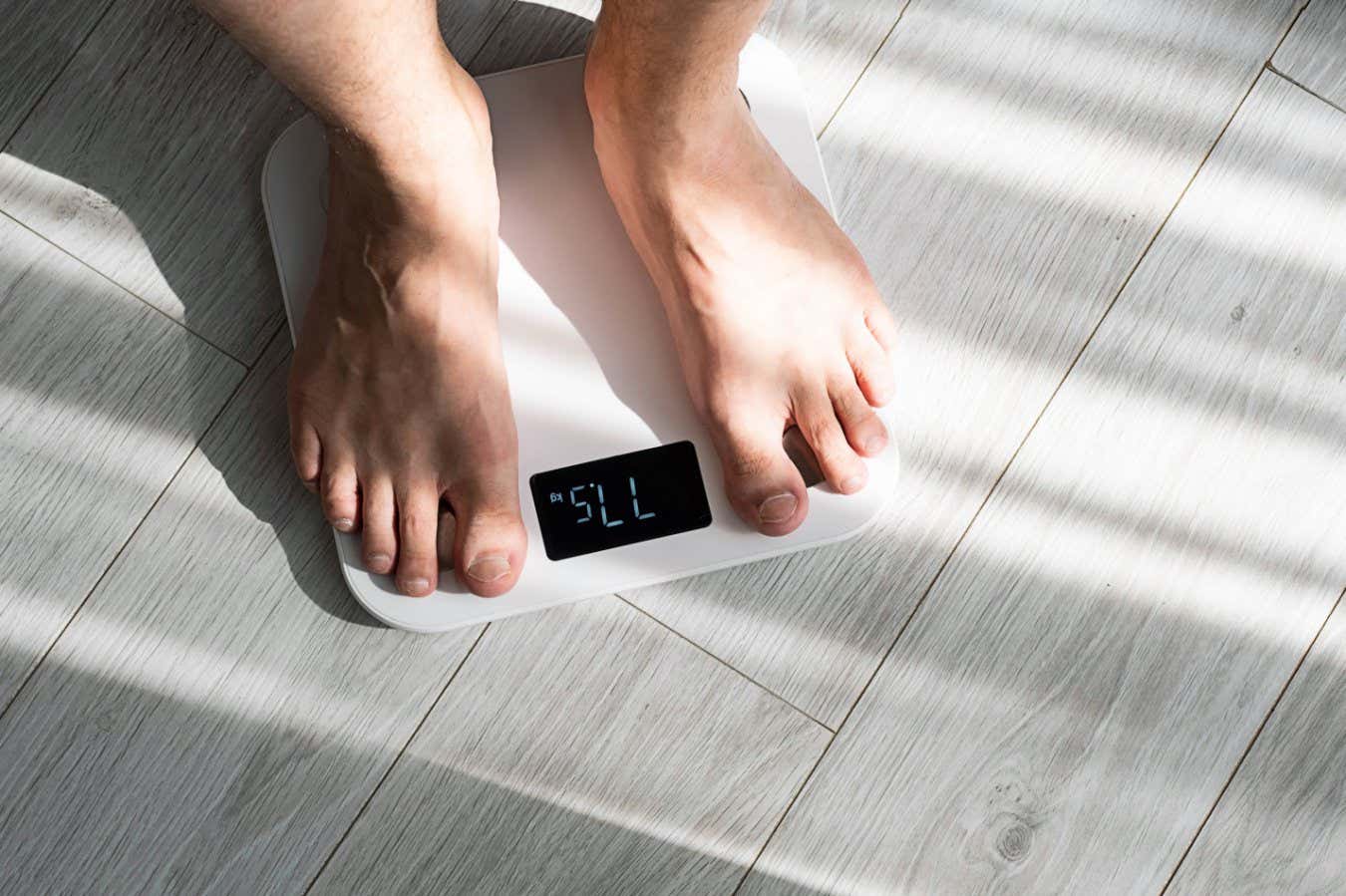The COVID-19 pandemic panic that characterized the early 2020s may be gone, but the SARS-CoV-2 virus is continuing to wreak havoc on some Americans’ finances, according to a new study.
The researchers found that long COVID-19 is making it harder for people to pay their bills, buy groceries, and keep their utilities on.
The study suggests much of that financial hardship is the result of lost jobs and reduced working hours. And the researchers found that the negative economic effects of the illness are present regardless of socioeconomic status.
“COVID is still going on,” says Ishtiaque Fazlul, lead author of the study and an assistant professor in both University of Georgia’s School of Public and International Affairs and UGA’s College of Public Health. “Long COVID is very much a problem that is affecting people’s lives right now. And it’s affecting people from all walks of life in terms of financial hardship.”
But long COVID is particularly hard on the finances of individuals with lower incomes.
The study found that for individuals in the lowest income bracket, having long COVID increased the likelihood of food insecurity by 10 percentage points. They also were at higher risk of losing important utility services due to not being able to pay their bills.
Even those in higher income brackets faced similar difficulties.
Almost 18 million Americans are living with long COVID. It’s a chronic condition triggered by the COVID-19 virus that can leave people suffering from extreme fatigue, memory problems, and a variety of other unpleasant and sometimes incapacitating symptoms for months to years on end.
The present study relied on nationally representative data from a Centers for Disease Control and Prevention survey of more than 270,000 Americans across 40 states.
Of the participants, about 20,000 reported having long COVID. The individuals in lower income groups and those without college degrees were disproportionately affected by the condition.
Previous studies have shown that people with lower incomes have a higher risk of contracting COVID. And when they do get the virus, they tend to be sicker and even die at higher rates than their high-income counterparts.
When illness gets in the way of work, particularly for long stretches of time, higher-earners are sometimes able to work from home or rely on savings and various safety nets to keep themselves from running out of cash.
But low-income Americans may have a harder time staying afloat.
“Lower income groups probably have less savings and less to fall back on if something happens with their job,” Fazlul says. “Lower socioeconomic groups also tend to have more hands-on jobs that have less opportunity to work from home.
“If their income decreases even by a little bit, they may cross a threshold that makes them food insecure and makes it difficult to pay bills.”
Having more flexibility in both hours and work from home policies could help long COVID sufferers keep their jobs and health care coverage. Improving access to health care services to help patients manage symptoms of the condition could also make a real difference.
Increasing job security and access to credit is another option to increase long COVID patients’ financial stability, the researchers say.
“People’s financial well-being is being affected by long COVID,” Fazlul says. “That’s something we should care about.”
The study appears in Health Services Research.
Additional coauthors are from the University of Georgia and Augusta University.
Source: University of Georgia








Leave a Comment